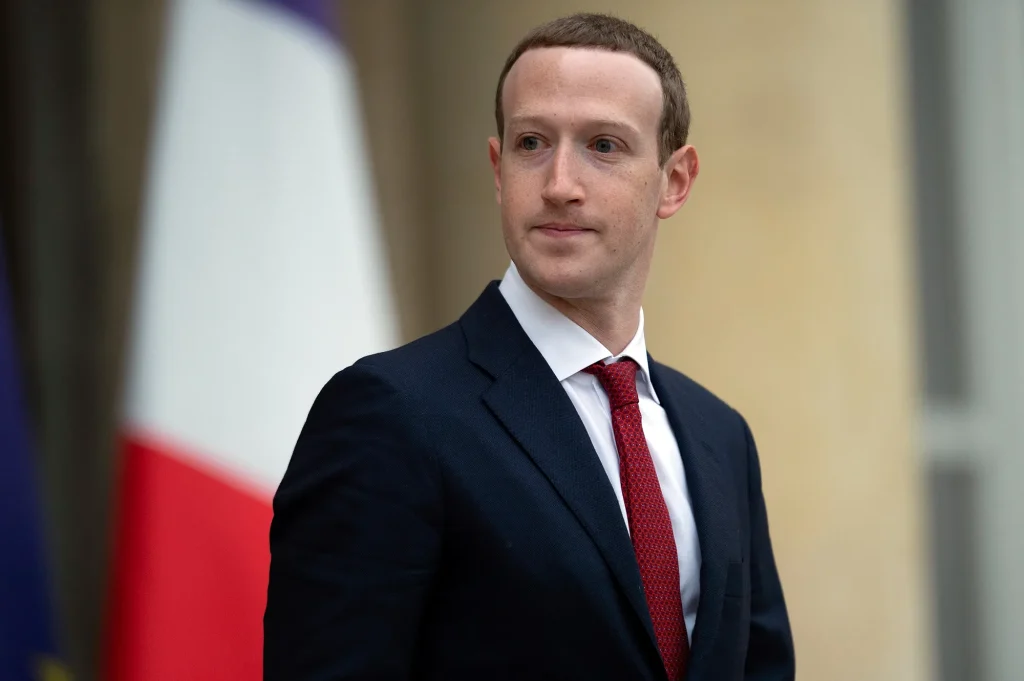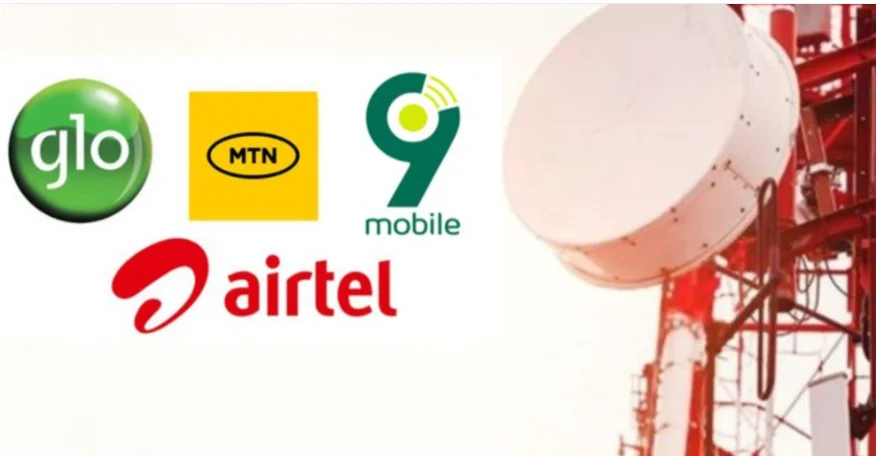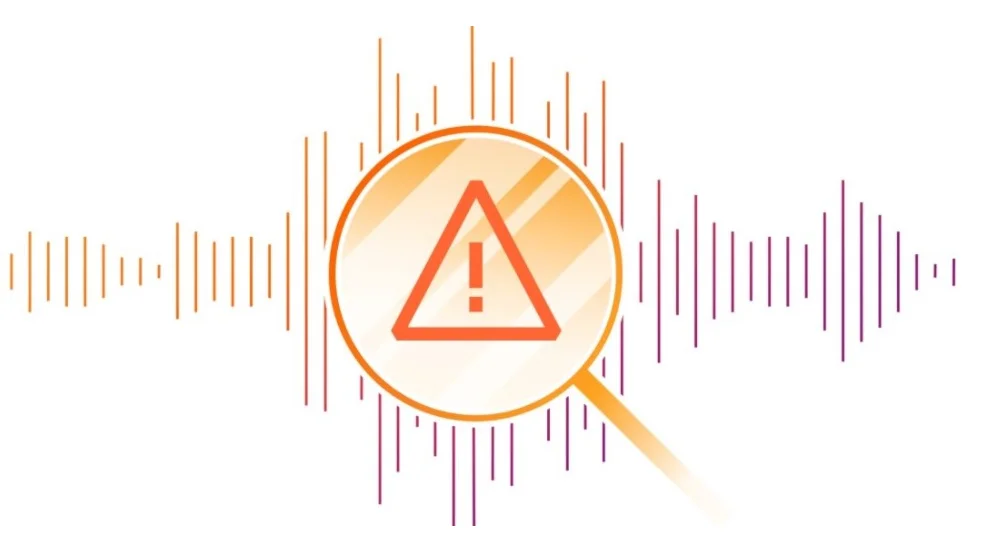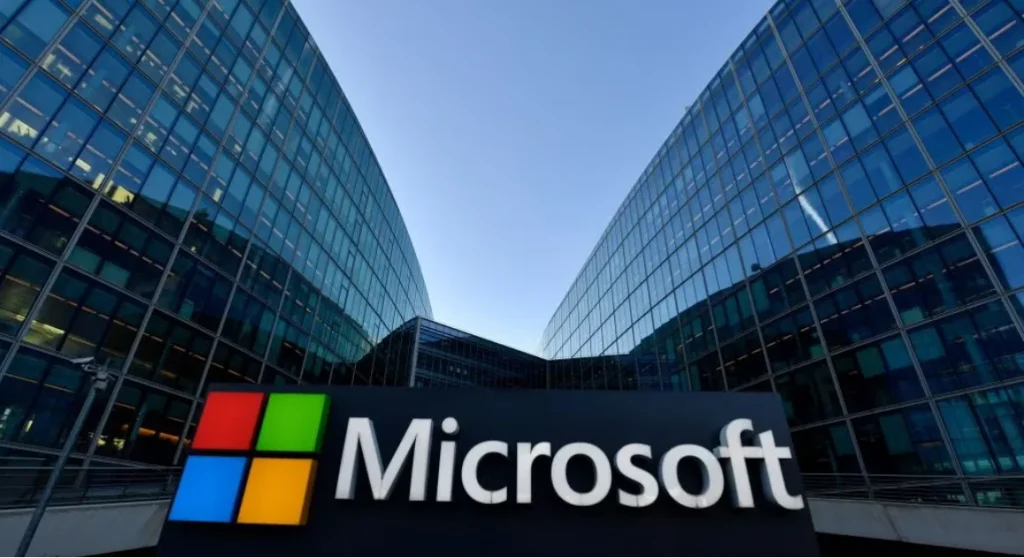WhatsApp has officially reached a historic milestone, joining the elite group of apps with over 3 billion monthly active users. Meta CEO Mark Zuckerberg announced the achievement during the company’s Q1 2025 earnings call, emphasizing WhatsApp’s pivotal role in Meta’s broader vision—especially as the tech giant intensifies its focus on artificial intelligence (AI).
This achievement positions WhatsApp alongside its sister platform Facebook as one of the few global digital platforms to ever cross the 3-billion-user threshold. It marks a significant leap from the 2 billion user mark WhatsApp had reached in 2020, adding another billion users in just four years—a testament to its sustained growth and relevance in the global messaging ecosystem.
From Ad-Free App to Global Powerhouse
Launched in 2009 and acquired by Facebook (now Meta) in 2014 for $19 billion, WhatsApp has grown largely without advertisements or subscription fees. Despite its minimalistic design and privacy-centric model, the platform has evolved into the world’s dominant messaging service. WhatsApp’s rise was especially pronounced in emerging markets across Asia, Africa, and Latin America, where it became a lifeline for personal and business communication.
The latest growth surge underscores its universal appeal, even as Meta shifts attention toward artificial intelligence, the metaverse, and monetization across its family of apps.
AI Integration: WhatsApp Leads Meta’s AI Engagement
As Meta advances its AI ambitions, WhatsApp is now playing a crucial role in user engagement with its AI tools. Meta’s Chief Financial Officer, Susan Li, revealed that WhatsApp currently sees the most usage of Meta AI across all Meta-owned apps, including Facebook, Messenger, Instagram, and Threads. Most of this interaction occurs in private one-on-one conversations, highlighting how AI is being personalized at scale within the chat ecosystem.
Li explained, “We see people engage with Meta AI from several different entry points. WhatsApp continues to see the strongest Meta AI usage across our family of apps.”
Zuckerberg also addressed regional differences in AI adoption. In much of the world, WhatsApp serves as the primary channel for Meta’s AI offerings. However, in the United States—where SMS still dominates as the default messaging system—WhatsApp lags in popularity. To fill this gap, Meta recently released a dedicated Meta AI app for the U.S. market, branding it as a standalone AI assistant intended to become the default personal AI tool for American users.
Zuckerberg commented, “We’re in a different position in the U.S. than we are in most of the rest of the world on WhatsApp. So I think that the Meta AI app as a standalone is going to be particularly important… as the main personal AI that people use.”
WhatsApp Business Powers Meta’s Commercial Strategy
WhatsApp isn’t just transforming personal communication—it’s also playing a key role in Meta’s business strategy. The platform’s commercial version, WhatsApp Business, has become an important revenue stream. In Q1 2025, Meta generated $510 million in revenue from its suite of messaging apps, with WhatsApp Business contributing significantly to that figure.
As part of Meta’s AI integration efforts, the company is enhancing WhatsApp Business with new tools aimed at improving business-customer interactions. These include a dashboard that lets companies customize Meta AI by feeding it data from their websites, WhatsApp profiles, Instagram accounts, or Facebook pages. This tool empowers businesses to create tailored AI-powered customer service bots capable of handling queries directly within the app.
Meta is also piloting features that allow businesses to deploy automated chatbots for real-time customer support, significantly reducing response times and human resource costs.
Meta’s Robust First Quarter Performance
Meta’s Q1 2025 earnings underscore the company’s growing influence in both consumer and business markets. The company reported $42.31 billion in revenue for the quarter, reflecting a 16% year-over-year increase. This impressive figure was driven in part by strong advertising growth across its Family of Apps, which includes Facebook, Messenger, Instagram, WhatsApp, and Threads.
Meta saw a 5% increase in ad impressions year-over-year, while the average price per ad rose by 10%. Furthermore, Meta disclosed that its daily active user base across all its apps climbed to 3.43 billion people, up 6% compared to the same period last year. These metrics point to a highly engaged global user base and a robust advertising ecosystem.
WhatsApp’s Role in Meta’s Future
With over 3 billion users, WhatsApp stands as more than just a messaging app—it has become a pillar of Meta’s broader strategic initiatives. From driving AI engagement to enabling business communication and monetization, WhatsApp plays a critical role in the company’s long-term vision.
As Meta continues to evolve, particularly in AI and enterprise services, WhatsApp is expected to remain a central platform for both innovation and revenue generation. Its unparalleled reach, especially in developing regions, ensures it will continue to be a key channel for connecting individuals, businesses, and intelligent systems.
The app’s growth trajectory also demonstrates how platforms can achieve massive scale while maintaining a relatively low-friction, ad-free user experience—a formula Meta may increasingly try to replicate as it expands its AI and commerce-driven offerings.












